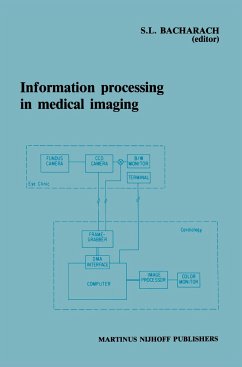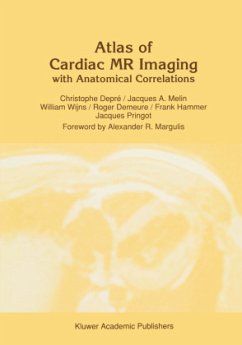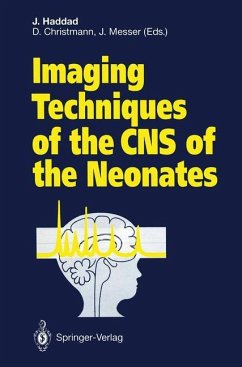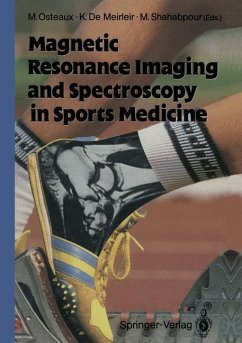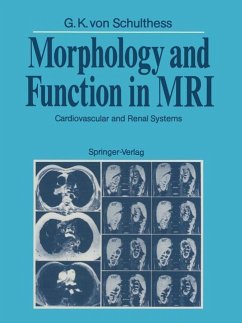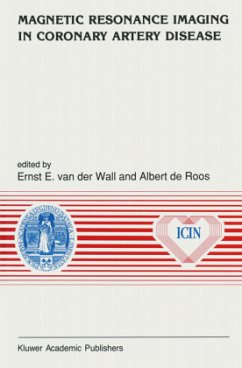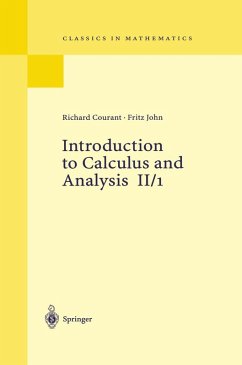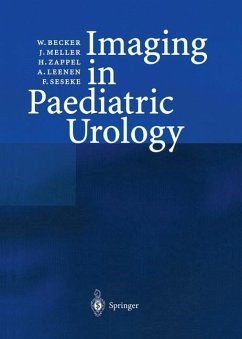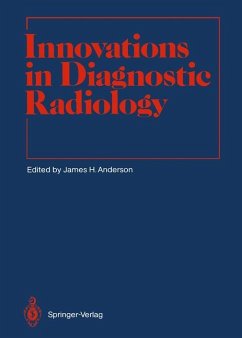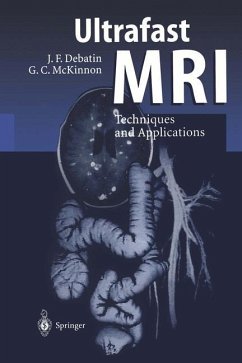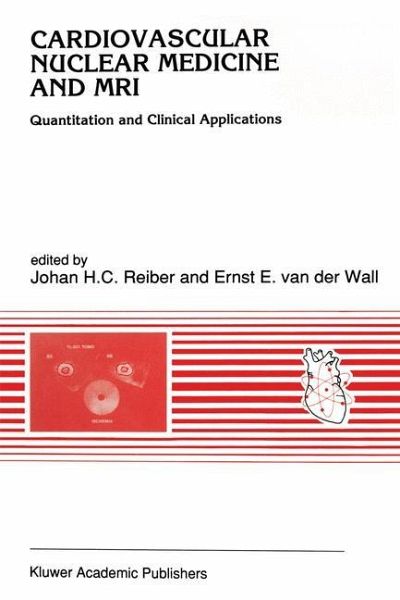
Cardiovascular Nuclear Medicine and MRI
Quantitation and Clinical Applications
Herausgegeben: Wall, Ernst E. van der; Reiber, Johan H. C.

PAYBACK Punkte
20 °P sammeln!
In recent years there have been major advances in the fields of cardiovascular nuclear medicine and cardiac magnetic resonance imaging. In nuclear cardiology more adequate tomographic systems have been designed for routine cardiac use, as well as new or improved quantitative analytic software packages both for planar and tomographic studies implemented on modern state-of-the-art workstations. In addition, artificial intelligence techniques are being applied to these images in attempts to interpret the nuclear studies in a more objective and reproducible manner. Various new radiotracers have be...
In recent years there have been major advances in the fields of cardiovascular nuclear medicine and cardiac magnetic resonance imaging. In nuclear cardiology more adequate tomographic systems have been designed for routine cardiac use, as well as new or improved quantitative analytic software packages both for planar and tomographic studies implemented on modern state-of-the-art workstations. In addition, artificial intelligence techniques are being applied to these images in attempts to interpret the nuclear studies in a more objective and reproducible manner. Various new radiotracers have been developed, such as antimyosin, labeled isonitriles, metabolic compounds, etc. Furthermore, alternative stress testing with dipyridamole and dobutamine has received much attention in clinical cardiac practice. Magnetic resonance imaging is a relative newcomer in cardiology and has already shown its merits, not only for anatomical information but increasingly for the functional aspects of cardiac performance.
This book covers almost every aspect of quantitative cardiovascular nuclear medicine and magnetic resonance imaging. It will assist the nuclear medicine physician, the radiologist, the physicist/image processing specialist and the clinical cardiologist in understanding the nuclear medicine techniques used in cardiovascular medicine, and in increasing our knowledge of cardiac magnetic resonance imaging.
This book covers almost every aspect of quantitative cardiovascular nuclear medicine and magnetic resonance imaging. It will assist the nuclear medicine physician, the radiologist, the physicist/image processing specialist and the clinical cardiologist in understanding the nuclear medicine techniques used in cardiovascular medicine, and in increasing our knowledge of cardiac magnetic resonance imaging.




